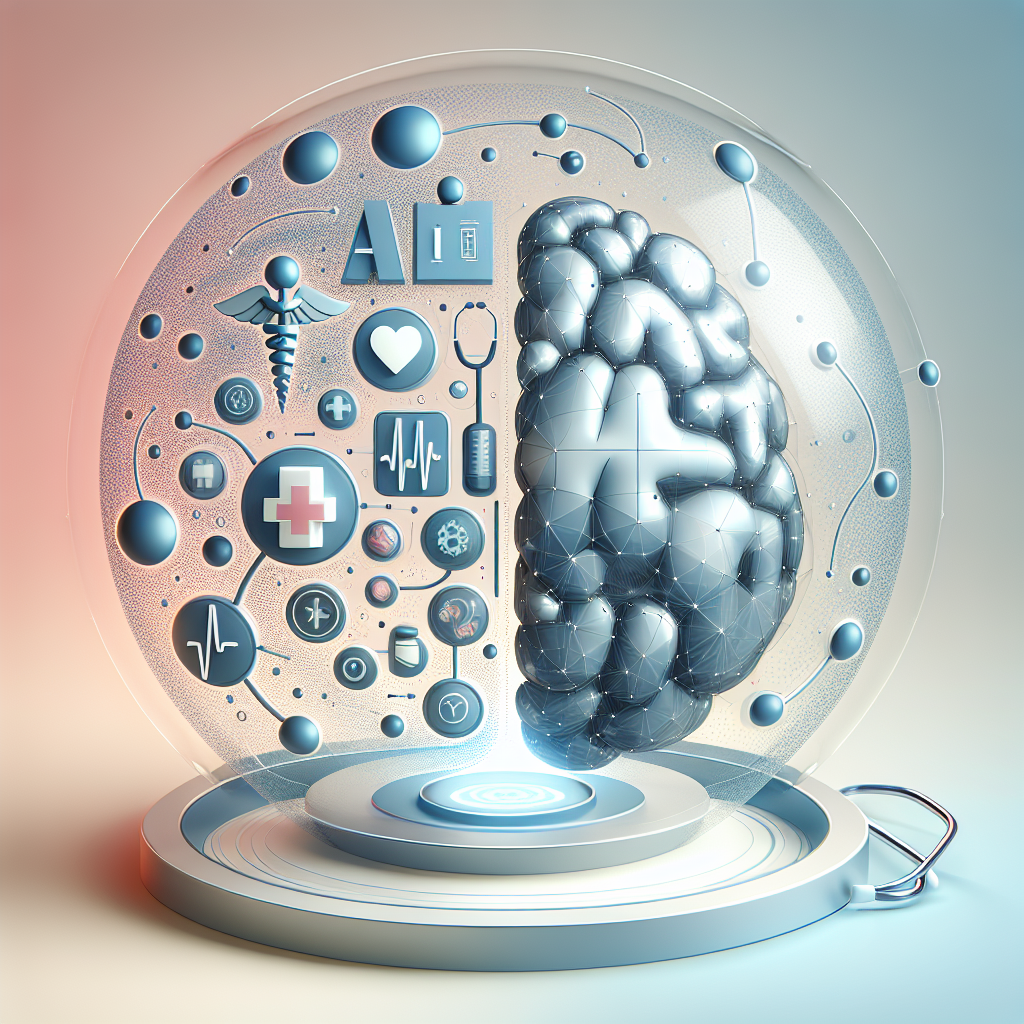Artificial Intelligence (AI) has been making significant strides in various industries, including healthcare. In recent years, AI has been increasingly used in public health to address a wide range of challenges and improve outcomes. This new perspective on AI and public health is revolutionizing the way we approach health care, from disease prevention to treatment and beyond.
One of the key advantages of using AI in public health is its ability to analyze vast amounts of data quickly and accurately. This allows public health officials to identify patterns and trends that may not be immediately apparent to the human eye. By leveraging AI, public health professionals can make more informed decisions and develop targeted interventions that can have a significant impact on population health.
AI is also being used to predict disease outbreaks and track the spread of infectious diseases in real-time. By analyzing data from various sources, including social media, search engines, and health records, AI algorithms can detect early warning signs of outbreaks and help public health officials take proactive measures to contain them. This can be particularly valuable in high-risk areas where rapid response is critical to preventing the spread of disease.
Furthermore, AI is being used to personalize health interventions and improve patient outcomes. By analyzing individual patient data, AI algorithms can identify risk factors and predict the likelihood of developing certain diseases. This information can then be used to develop personalized treatment plans that are tailored to the unique needs of each patient. This personalized approach to healthcare can lead to better outcomes and reduce healthcare costs in the long run.
In addition to improving patient care, AI is also being used to enhance public health surveillance and monitoring. By analyzing data from various sources, including electronic health records, wearable devices, and social media, AI algorithms can identify trends and patterns that may indicate potential health threats. This early detection can help public health officials take preventive measures to protect the population and reduce the impact of disease outbreaks.
Despite the many benefits of using AI in public health, there are also challenges and concerns that need to be addressed. One of the main concerns is the potential for bias in AI algorithms, which can lead to disparities in healthcare outcomes. To mitigate this risk, it is important to ensure that AI algorithms are trained on diverse and representative data sets to minimize bias and promote equity in healthcare delivery.
Another challenge is the need for transparency and accountability in AI algorithms used in public health. It is important for public health officials to understand how AI algorithms make decisions and to ensure that these decisions are ethically sound and aligned with public health goals. This requires ongoing oversight and evaluation of AI systems to ensure that they are being used responsibly and effectively.
Despite these challenges, the potential benefits of using AI in public health are vast. By leveraging the power of AI, public health officials can make more informed decisions, improve patient outcomes, and enhance public health surveillance and monitoring. This new perspective on AI and public health is transforming the way we approach healthcare and has the potential to revolutionize the field in the years to come.
FAQs:
1. How is AI being used in public health?
AI is being used in public health to analyze vast amounts of data quickly and accurately, predict disease outbreaks, personalize health interventions, and enhance public health surveillance and monitoring.
2. What are the benefits of using AI in public health?
The benefits of using AI in public health include improved decision-making, better patient outcomes, and enhanced public health surveillance and monitoring.
3. What are the challenges of using AI in public health?
Challenges of using AI in public health include the potential for bias in AI algorithms, the need for transparency and accountability, and ethical concerns about how AI is being used in healthcare.
4. How can public health officials address the challenges of using AI in public health?
Public health officials can address the challenges of using AI in public health by ensuring that AI algorithms are trained on diverse and representative data sets, promoting transparency and accountability in AI systems, and conducting ongoing oversight and evaluation of AI algorithms.

